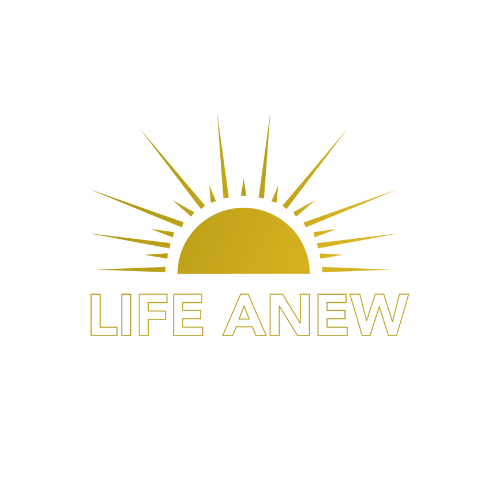The Big Picture: The Ohio Alliance for Population Health (OAPH) is spearheading an initiative to bolster the behavioral health workforce in southern Ohio, tapping into a $1 million grant from Miami University, according to Ohio University News.
By the Numbers: The $669,843 portion of the grant aims to support a diverse range of students—from high school to graduate level—with scholarships, stipends, and paid placements.
What We’re Hearing: “This is not just an investment in their futures, but in the well-being of our communities,” says Caitlyn Riederer, Interim Managing Director of Human Resources at Integrated Services for Behavioral Health, emphasizing the crisis level of professional shortages in the area.
Zoom In: The behavioral health corridor initiative involves a collaboration between Ohio University, Miami University, and five two-year colleges, focusing on a region where mental health provider availability is 51% below the national average.
Between the Lines: The initiative not only aims to fill urgent staffing gaps but also to improve accessibility to mental health services in an area plagued by long waitlists and travel burdens for specialist care.
What’s Next: The project will also target individuals who have discontinued their education but are near degree completion, providing an essential boost to reengage them in the behavioral health field.
The Backstory: Southern and Appalachian Ohio have long faced significant challenges in healthcare provision, exacerbated by geographic and economic barriers that hinder access to education and professional opportunities.
Why It Matters: Strengthening the behavioral health workforce is crucial for addressing not just individual health needs but also the broader social determinants of health across underserved communities.
The Bottom Line: OAPH’s initiative represents a proactive approach to healthcare education and professional development that could serve as a model for similar regions facing healthcare provider shortages.
The Life Anew Angle: Life Anew Behavioral Health can draw inspiration from the OAPH’s initiative for similar community-focused educational and professional support programs. By developing tailored outreach and educational opportunities, Life Anew can enhance its mission to empower and uplift BIPOC and underrepresented communities, ensuring comprehensive and culturally competent care is accessible to all. This effort aligns with Life Anew’s dedication to fostering community solidarity and enhancing the quality of life through improved health services.




